Top Keto Protein Sources for Optimal Health
Introduction
The ketogenic diet, commonly known as keto, has gained immense popularity due to its potential benefits in weight loss, improved energy levels, and enhanced mental clarity. Central to the keto diet is the consumption of high-fat, low-carbohydrate foods, which often leads individuals to seek out the best protein sources that align with this nutritional framework. In this article, we will explore the top keto protein sources that not only support the principles of the ketogenic diet but also promote optimal health.
Understanding the Role of Protein in a Keto Diet
While the keto diet predominantly focuses on fats and minimizes carbohydrates, protein remains an essential macronutrient. Protein plays a crucial role in muscle repair, satiety, and overall metabolic function. However, finding the right balance of protein intake is critical. Excessive protein can potentially convert to glucose through gluconeogenesis, which could hinder the state of ketosis. Therefore, selecting adequate, high-quality protein sources is paramount for maintaining ketosis while supporting bodily functions.
Top Keto Protein Sources
1. Eggs
Eggs are a staple in the keto diet due to their versatile nature and nutrient density. They are an excellent source of high-quality protein, containing all essential amino acids needed by the body. Eggs are also rich in healthy fats, particularly omega-3 fatty acids, and provide essential vitamins such as vitamin D and B12. Whether poached, scrambled, or boiled, eggs can be easily incorporated into various meals.
2. Fatty Fish
Fatty fish such as salmon, mackerel, sardines, and trout are not only rich in protein but also high in omega-3 fatty acids, which are beneficial for heart health and inflammation reduction. These fish are perfect for a keto diet as they offer a high protein-to-fat ratio and contribute to overall cardiovascular wellness. Including fatty fish in your diet a few times a week can significantly bolster your protein intake while providing essential nutrients.
3. Poultry
Chicken and turkey are lean protein sources that can easily fit into a keto meal plan. While they may not be as high in fat as other options, they are still valuable protein sources. Opt for skin-on cuts, as the skin contains beneficial fats that can complement your keto goals. Poultry is versatile and can be prepared in numerous ways, from grilling to roasting, making it a convenient choice for many keto dieters.
4. Grass-Fed Beef
Grass-fed beef is another excellent protein source for those on a keto diet. It not only provides a substantial amount of protein but also contains higher levels of omega-3 fatty acids compared to grain-fed beef. Grass-fed beef is also rich in conjugated linoleic acid (CLA), a type of fat that has been associated with various health benefits, including weight loss and improved heart health. Choose cuts like ribeye or ground beef to maximize fat intake while enjoying a hearty protein source.
5. Pork
Pork, particularly fattier cuts like bacon, pork belly, and pork chops, can be an excellent addition to a keto diet. These cuts provide a good balance of protein and fat, making them suitable for maintaining ketosis. Pork is also a great source of essential vitamins and minerals, including thiamine, selenium, and zinc. However, be mindful of processed pork products, as they may contain added sugars or carbohydrates.
6. Cheese
Cheese is a beloved component of the keto diet due to its high fat and protein content. Varieties like cheddar, mozzarella, and brie are low in carbohydrates, making them ideal for keto meals. Cheese also provides calcium and vitamin K2, which are essential for bone health. Incorporate cheese into salads, omelets, or enjoy it as a snack to boost your protein intake while savoring a rich, creamy texture.
7. Greek Yogurt
While traditional yogurt may be too high in carbohydrates for a strict keto diet, Greek yogurt offers a lower-carb alternative. It is a good source of protein and probiotics, which support gut health. Opt for full-fat Greek yogurt to ensure you are consuming enough fats to stay in ketosis. Additionally, you can enhance the flavor and nutritional profile by adding nuts or seeds.
8. Nuts and Seeds
Nuts and seeds, such as almonds, walnuts, chia seeds, and flaxseeds, are valuable sources of plant-based protein. They also provide healthy fats and fiber, contributing to satiety and digestive health. While nuts and seeds can be calorically dense, they are an excellent snack option for keto dieters, providing a protein boost without excessive carbohydrates.
9. Tofu and Tempeh
For those following a vegetarian or vegan keto diet, tofu and tempeh are excellent protein sources. Made from soybeans, they offer a complete protein profile and can be incorporated into various dishes. Tofu and tempeh are versatile, absorbing flavors well and complementing a wide range of keto-friendly sauces and seasonings.
10. Shellfish
Shellfish, including shrimp, crab, and lobster, provide lean protein with minimal carbohydrates. They are also rich in essential minerals like zinc and selenium. Shellfish can be enjoyed in a variety of ways, from salads to stir-fries, and make for a delightful and nutritious addition to a keto meal plan.
Balancing Protein Intake on a Keto Diet
While incorporating these protein sources into your diet, it’s essential to strike a balance that aligns with your individual dietary needs and goals. The key is to consume enough protein to support muscle maintenance and repair without exceeding the necessary amount that could disrupt ketosis. Monitoring your macronutrient ratios and adjusting them based on your body’s response can help you achieve optimal results on a keto diet.
Conclusion
The ketogenic diet can be an effective approach to achieving weight loss and improving overall health, but it requires careful consideration of protein sources. By choosing high-quality, nutrient-dense proteins such as eggs, fatty fish, poultry, and more, you can ensure that your body receives the essential nutrients it needs while maintaining ketosis. Remember to listen to your body’s signals and make adjustments as needed to find the perfect balance for your keto journey.




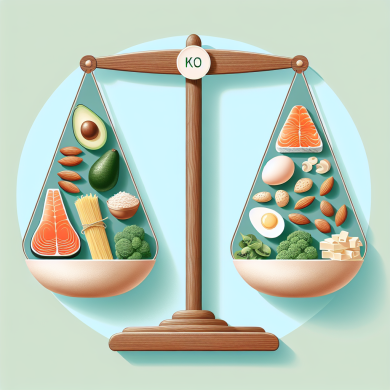
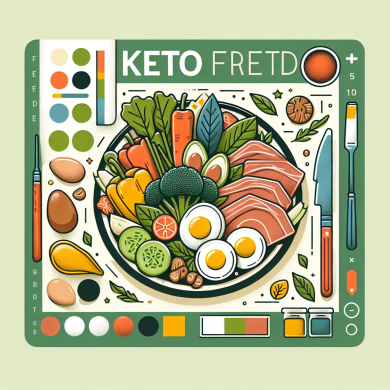
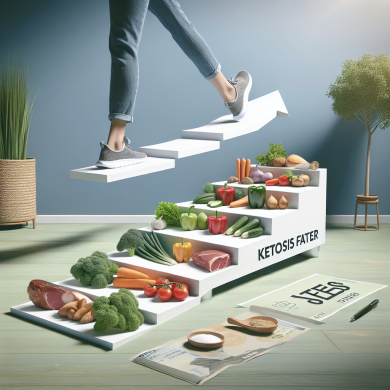
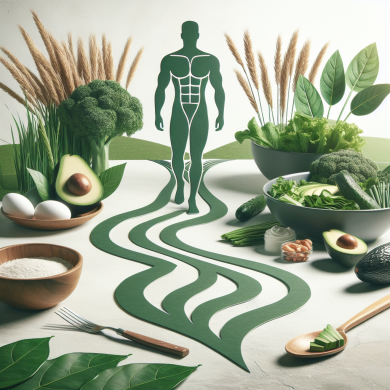
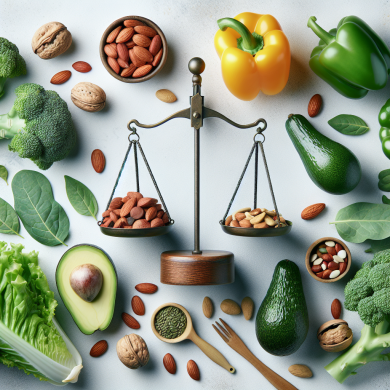
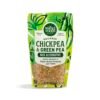



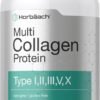

Add comment